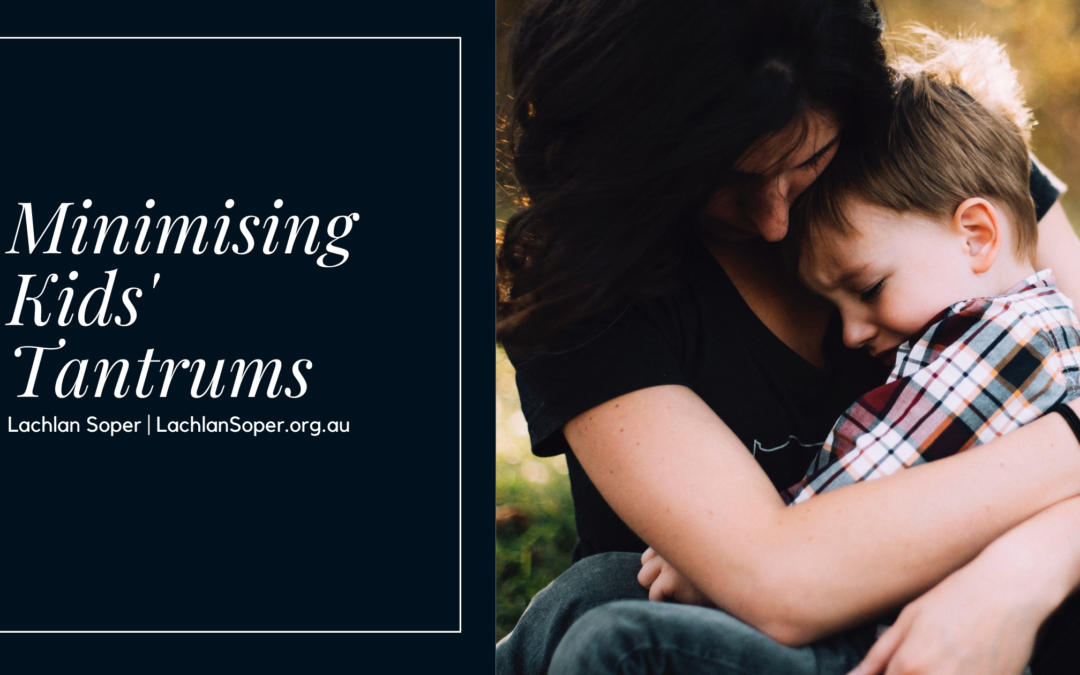Temper tantrums come with the territory of parenting. Whether a parent feels they have a well-behaved child or not, a tantrum is inevitable. Children are often faced with new emotions everyday that can be overwhelming and difficult to cope with. Whether this emotion be happiness, excitement, sadness, anger, or even jealousy, it can be difficult for their minds to understand, especially if it is something they’ve never experienced.
Dealing with these new and intense ranges of emotions often leads to an explosion––what we know as tantrums. Your response determines how long this tantrum will last and or if another will arise
Stay Calm and Shift Focus
The best way to react to a temper tantrum is to remain calm and, where possible, shift their focus away from what they’re so emotional about. Many parents will make the mistake of trying to reason with their children when they are having a tantrum. It’s important to remember that even the soundest logic in the world will not pull your child away from a tantrum because their emotions are so heightened.
Instead of arguing with them, try distracting them from the tantrum. You can help shift their focus by engaging in a new activity like dancing, or even sitting them down in a safe place, perhaps near family photos which may ground them in the safety and joy of their family (this can be a form of “time out”) This can help them work through their heightened emotions and keep both of you calm.
Stand Your Ground
While you don’t want to argue with your child while they’re having a tantrum, you also don’t want to give in to what they are screaming and crying about. This will only reinforce this behaviour. For example, if your child is having a tantrum over not getting their dessert before dinner, don’t try to stop the tantrum by giving them the dessert. This will teach them that having temper tantrums is the best way to get what they want. To avoid future tantrums, stand your ground and don’t give in.
Never Bribe
Another way that will encourage your child to have persistent temper tantrums is if you start bribing them to stop. While it may be the easier route to offer them your phone to play games to get them to calm down, it only reinforces to them that losing their temper will get them a reward. Even if it’s not what they wanted in the first place, it’s still a reward in their eye.
The best way to stop and minimise a tantrum is to stay calm and not give in. While it’s hard in the moment, it will benefit you in the long run.
After the Tantrum Has Waned, Re-Evaluate With Your Child
Soon after they have calmed down, sit down with them in a quiet spot (ideally away from their siblings). Ask them what they did that resulted in them being in time out, and it is worth encouraging them to apologise. It’s important to re-affirm to them that you love them, you forgive them, and it’s in the past. A worthwhile next step is to ask them calmly why they acted the way they did. Usually frustration (in adults or kids) is from unmet expectations, and getting to what their expectation can help smooth the path forward for the rest of the day. They may have expected some screen time, a call to a friend, an activity as a family, a certain treat or something else. Their expectation may have been unreasonable, or it could be modified or done later in the day or week. Through this re-evaluation process your child has an opportunity to (within reason) influence their day or week, their expectations are managed and hopefully a future tantrum is averted.

